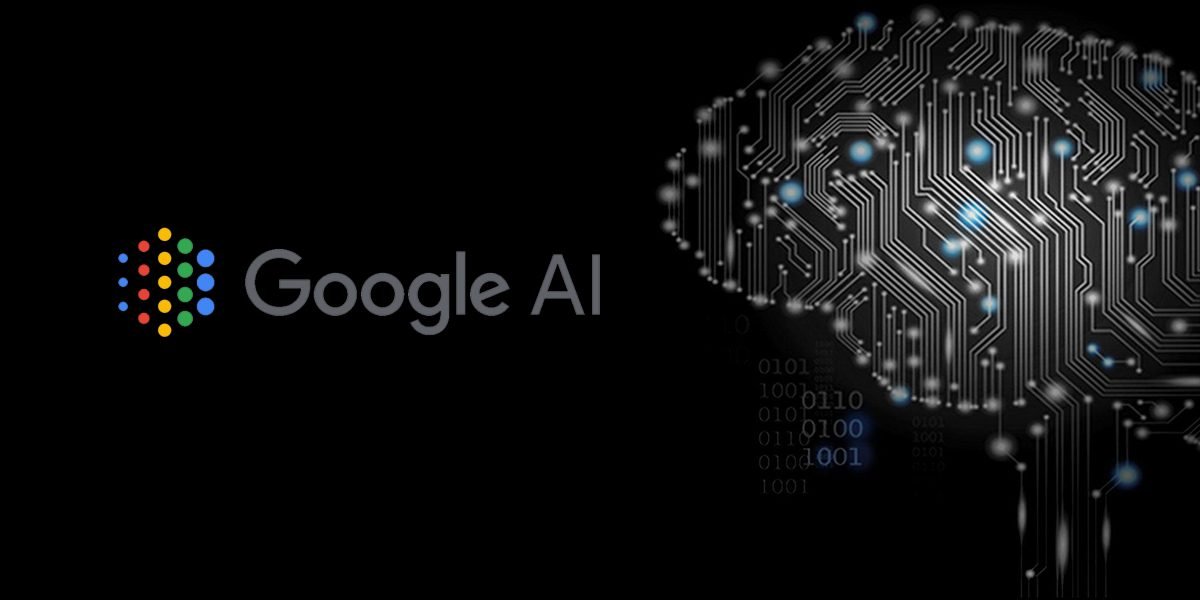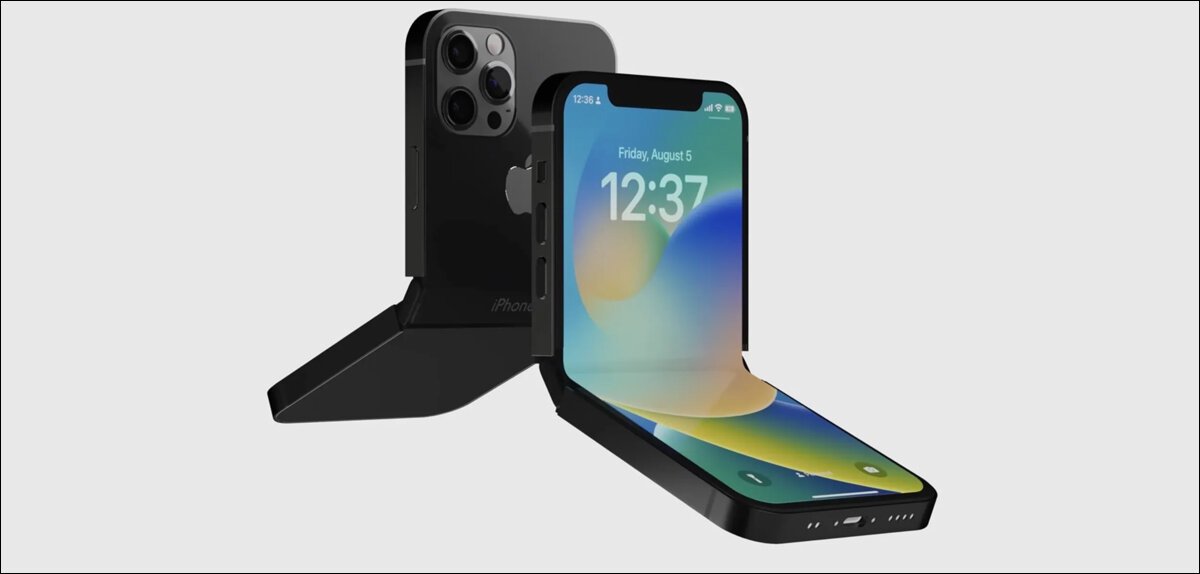In the ever-evolving realm of technology, Google continues to push the boundaries of artificial intelligence (AI) capabilities, particularly through its renowned platform, Google Photos. The integration of sophisticated AI models not only revolutionizes how we interact with our digital memories but also provides profound insights into the personal data we often take for granted.
What Google AI Learns from Your Photos
Google Photos, powered by AI, has transformed into more than just a photo storage service; it’s a smart, adaptive tool that learns and interacts uniquely with each user. With features like “Ask Photos,” users can query their galleries using natural language to retrieve specific images or details related to their queries. This function harnesses Google’s most capable AI, Gemini, to understand the context and content of the photographs, making your digital gallery smarter and more intuitive.
AI-Powered Editing and Creativity
The recent rollouts in Google Photos go beyond basic organization and retrieval. The AI editing suite, now available to all users without subscription barriers, includes tools like Magic Eraser, Photo Unblur, and Portrait Light. These tools allow users to manipulate their photos with a level of precision previously only available to professional editors. For instance, Magic Eraser can remove unwanted objects from pictures, creating a cleaner aesthetic without compromising photo quality.
Transparency and Ethical Use of AI
As AI becomes more embedded in our daily digital tools, transparency has become crucial. Google has made strides in making its AI edits more visible to users, ensuring they understand when and how their photos are being altered by AI. This move towards greater transparency helps build trust and informs users about the extent of AI’s role in modifying their personal content.
Future Prospects and Considerations
The capabilities of AI in interpreting and modifying photos raise both excitement and ethical questions. As these tools become more advanced, they not only offer creative freedoms but also necessitate discussions about privacy, data security, and the ethical use of AI in personal spaces.
Google’s advancements in AI photo technology demonstrate the vast potential of AI to enhance our interaction with digital content. As we look forward, the balance between innovation and user privacy will continue to be a pivotal area of development.






























